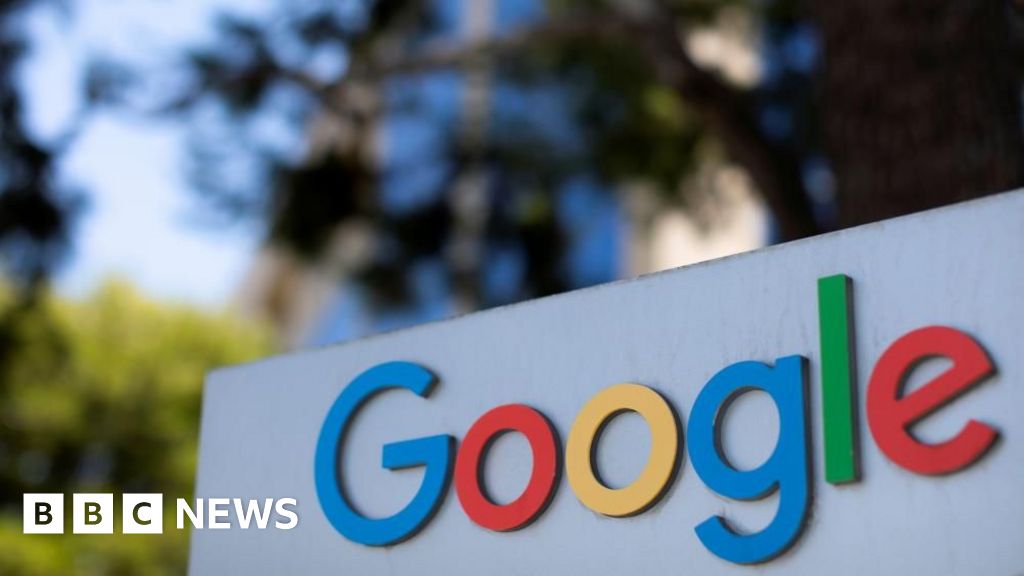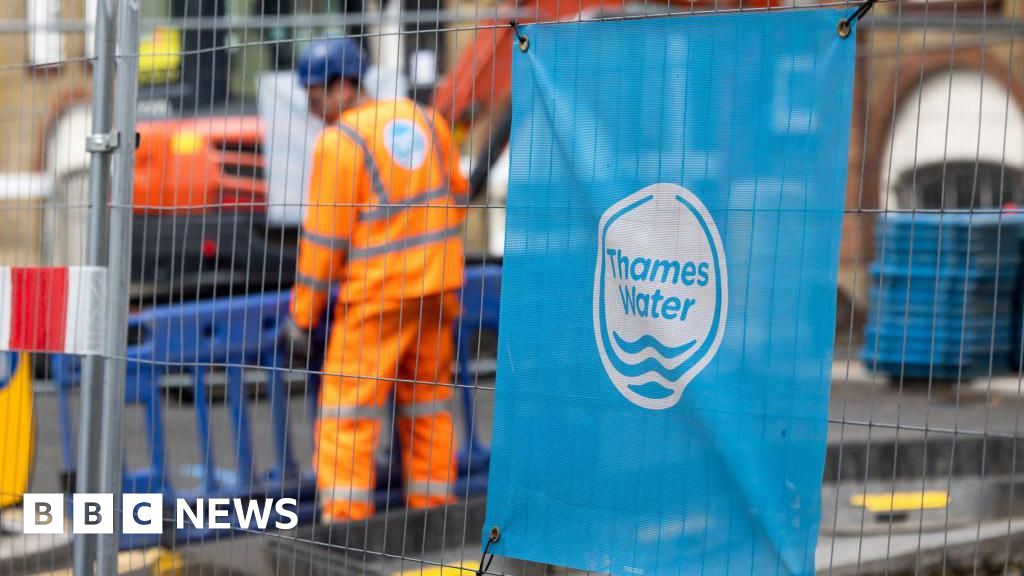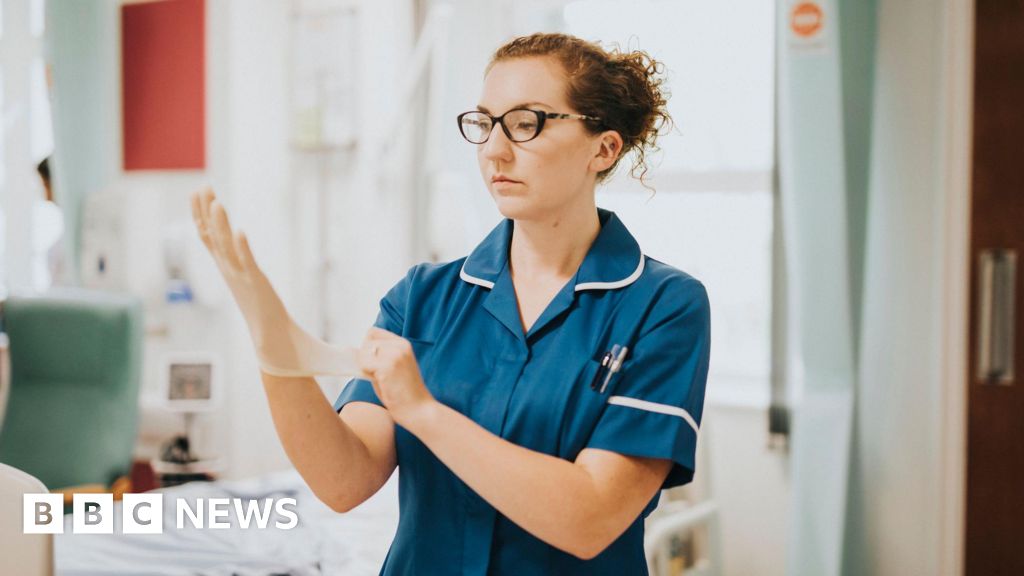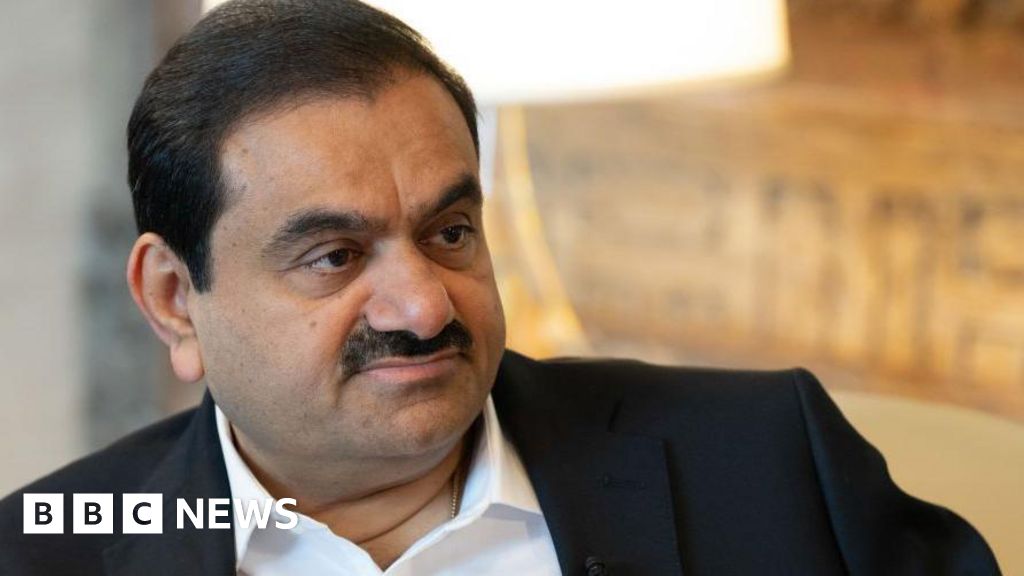The chancellor has confirmed the government will raise some taxes in October's Budget after months of speculation about Labour's stance on tax.
"I think we will have to increase taxes in the Budget," Rachel Reeves told the News Agents podcast.
She was responding to a question about raising money following her claim on Monday that the previous government left a £22bn "hole" in the public finances.
Labour said repeatedly during the election campaign there would be no tax rises on "working people", but the Conservatives had insisted Labour would increase them.
Speaking on the podcast, the chancellor was pushed on which taxes the government would raise.
She repeated the Labour manifesto commitment of no VAT, national insurance, or income tax increases, but did not rule out inheritance tax, capital gains tax, or pension reform.
"I'm not going to write a Budget or start to write a Budget on this podcast," she said, adding that Labour wants to stick to "sensible" rules aimed at bringing the government's longer-term debts down.
Ms Reeves' admission comes after she scrapped a number of infrastructure projects, and announced the winter fuel allowance for pensions would be means-tested, among a series of measures aimed at addressing a shortfall in the public finances.
The decision comes as Labour and the Conservatives row over who is to blame for the lack of money in the public purse.
On Monday, Ms Reeves said the Conservatives' "undisclosed" spending had forced her to axe the winter fuel allowance and make billions in other cuts.
Shadow chancellor Jeremy Hunt has denied this, saying the last government was "open" about public finances.
He insisted Labour's decisions were a choice, criticising the government's spending announcements since winning power.
The National Wealth Fund, GB Energy, and public sector pay rises added up to billions, he said.
"If you make those choices, you’re going to have to put up taxes and she should be upfront that those are her decisions," he told BBC Breakfast on Tuesday.
The Institute for Fiscal Studies (IFS) has said some of Labour's claims of hidden spending by the previous government "appear" to be correct.
This includes £6.4bn on the asylum system, including the Rwanda scheme, a number that IFS director Paul Johnson called "huge".
However, he added "half of [the] spending 'hole' is public pay over which government made a choice and where pressures were known".
Labour has already confirmed some tax rises and the chancellor has previously alluded to "difficult decisions" needing to be made.
On Monday, Ms Reeves announced a windfall tax on oil and gas companies and VAT on private schools - both manifesto commitments.
In response, Liberal Democrat Treasury spokesperson Sarah Olney urged Labour to go further and make large companies "pay their fair share" of tax.

 Movie
Movie 3 months ago
50
3 months ago
50 




![Presidents Day Weekend Car Sales [2021 Edition] Presidents Day Weekend Car Sales [2021 Edition]](https://www.findthebestcarprice.com/wp-content/uploads/Presidents-Day-Weekend-car-sales.jpg)



 English (United States)
English (United States)